To counter violent extremism in places such as Mozambique’s Cabo Delgado properly, it’s necessary to understand the root causes of such conflicts and how mining operations can worsen them
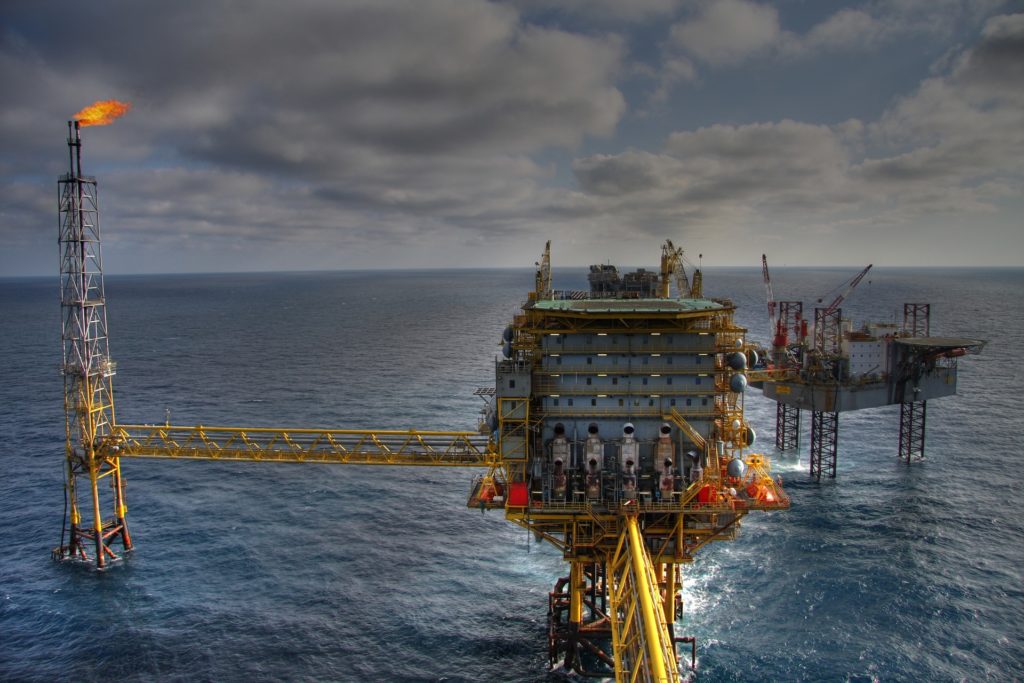
Since October 2017, Cabo Delgado province in northern Mozambique has been the site of an escalating insurgency, led by Islamist militant group Ahlu Sunnah Wal Jammah (ASWJ), which has claimed the lives of about 1,500 people and displaced 310,000.
On August 12 militants captured the port of Mocímboa da Praia, 60km south of the Afungi peninsula, where major liquid natural gas (LNG) export facilities are being developed for offshore reservoirs, reviving concerns about the effect of the conflict on LNG projects.
Both the government and mining companies routinely emphasise the enormous economic opportunity the LNG projects will bring to Mozambique and the “trickle down” potential they have for communities in terms of “job creation, supply and associated services industries”.
In reality, however, mining operations have routinely failed to benefit local communities. Many such projects have created unmet economic expectations, generated human rights violations, reinforced ethno-religious inequalities and dispossessed local communities of their land.
In the case of Cabo Delgado, several analysts and President Filipe Nyusi himself have attributed the conflict to high levels of poverty and unemployment, and noted that these conditions are being exploited by foreign and local militants looking to recruit members. So rather than asking what impact the conflict will have on the LNG sector, we should ask what impact the LNG sector is having on local communities if we are to better understand how to prevent and counter violent extremism.
Unemployment and poverty alone do not predict the emergence of violent extremist organisations. Several studies show that relative deprivation, perceptions of marginalisation and discrimination, violation of human rights and a history of hostility between identity groups are far more relevant in predicting where such groups will emerge and how they will recruit from local populations.
But when mining companies enter regions where these issues are already present, they can greatly aggravate them.
The dark side of coal mining
In Mozambique’s coal-rich Tete province many of the local communities that were resettled due to mining operations have faced significant and sustained disruptions in obtaining food, water and work.
In 2015, Oxfam and the University of Queensland’s Centre for Social Responsibility in Mining published a study of the resettlement of 736 households (about 3,680 people) to make way for the Benga coal mine. It provides an insight into how poorly planned and chaotic these processes can be when there is a surge of foreign interest and competition that creates a context of rapid economic growth, limited regulatory capacity and intense pressure on land availability.
In 2011, Rio Tinto bought the mine for $3.7bn from Riversdale Mining. Three years later, after recognising an impairment of $2.86bn, it sold the mine to an Indian conglomerate for $50m — less than 1.35% of the original price. During this period, a poorly planned and chaotic resettlement process was forced upon local communities, with disastrous consequences.
The study found: “In addition to food and water insecurity and the loss of supplementary income, the stress and trauma associated with forced displacement has fractured social networks and eroded trust between community members, local leaders, and company and government representatives.
Stephen Buchanan-Clarke is a security analyst with several years' experience working in both conflict and post-conflict settings in Africa, primarily on issues of peace and security; transitional justice and reconciliation; democratisation and governance; and preventing and countering violent extremism. He currently serves as head of the Human Security and Climate Change (HSCC) project at Good Governance Africa and is a co-editor of the Extremisms in Africa anthology series.


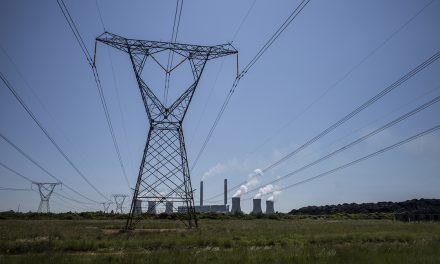
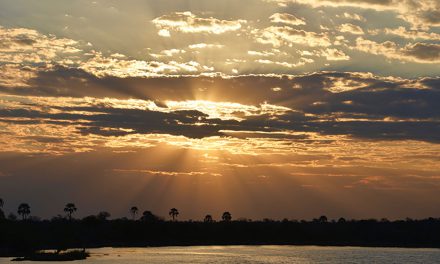
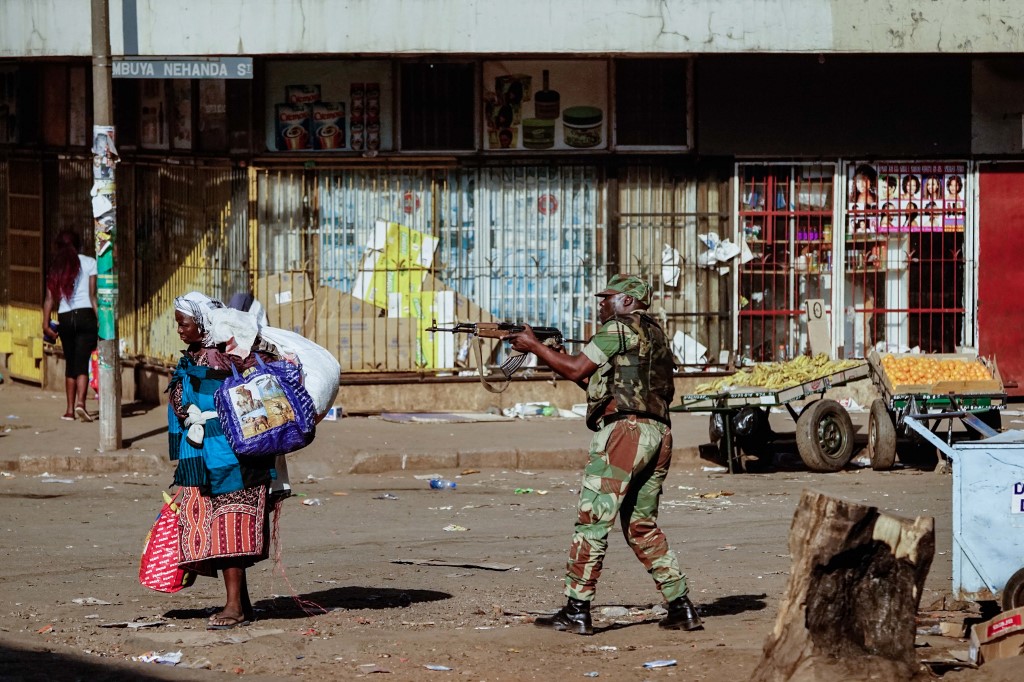
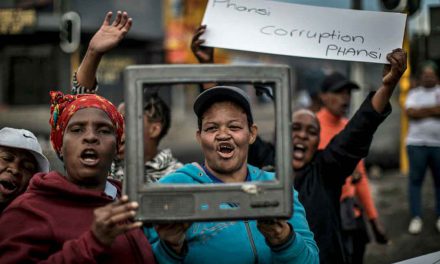


NICE PIECE